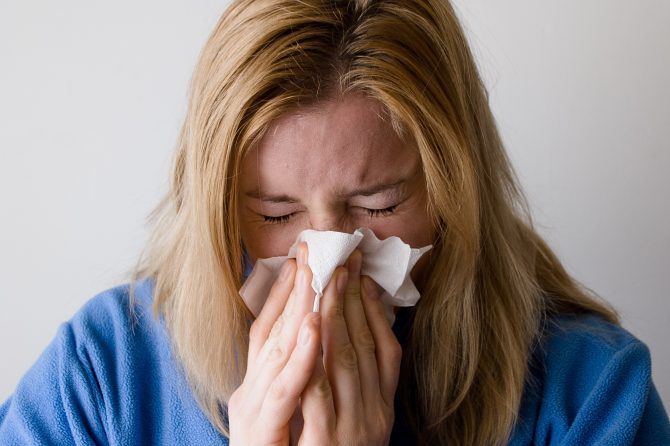
How to prepare for flu season
Just as we are all settling back into normality since the pandemic began, we also have to prepare ourselves for flu season which usually falls between June and August of each year.At Healthcare Evolutions we want to provide the best advice on how to prepare our patients for this upcoming flu season with this guide:
- Get Vaccinated
It has been said that the best advice to staying safe this flu season is to get vaccinated early. We highly suggest that everyone receive the vaccine, though especially those who are at risk of complications from Influenza, this includes:
- Aboriginal and Torres Strait Islander people (6 months and over)
- Children aged 6 months to 5 years
- Pregnant women
- People aged 65 years or over.
- People aged 6 months or over who have medical conditions such as:
- cardiac disease
- chronic respiratory conditions
- chronic neurological conditions
- immunocompromising conditions
- diabetes and other metabolic disorders
- renal disease
- haematological disorders
- children aged six months to 10 years on long term aspirin therapy.
Though the flu is commonly experienced at a mild level, there is a risk for it to develop into something more serious. Before the pandemic, in 2019 there were 953 influenza related deaths in Australia. It is key to get your flu vaccine as soon as possible to get peak protection this flu season.
2. Wash your hands
On top of that, it is important to keep up the hygiene practices we learnt during the pandemic. Wash your hands regularly and carry hand sanitiser with you. The best life hack we can give is buy a few hand sanitiser and keep them in the places you usually forget to bring sanitiser (eg, the car, your handbag, your child’s school bag). Teach your children how to wash their hands properly, letting them know hand washing should last 30 seconds. Ensuring they’re washing their hands before meals and at school.
3. Practice common hygiene practices
Keeping up the habits we learnt during the midst of COVID will come in handy in preventing the flu by wearing a mask if you’re feeling unwell. If you have flu-like symptoms, take a RAT test to ensure it isn’t COVID and remain home while experiencing symptoms. If you’re caught in a situation without a mask and need to cough or sneeze, please do it into your elbow or tissue and proceed to wash your hands afterwards.
4. Keep areas clean
Ensure your home is disinfected from outside germs by regularly cleaning surfaces that are often touched, like doorknobs, benches and handles. Viral germs can exist on surfaces for hours and can spread to anyone who touches these surfaces. Utilise antibacterial wipes on areas like keyboards, light switches and commonly used areas in the house.
5. Stick with healthy habits
The best way to give your immune system a fighting chance against the flu is to keep up healthy habits like getting the necessary eight hours of sleep. Keep up a healthy diet with fruits and vegetables, and a stable exercise routine. These small things combined can be the best foundation for an immune system strong enough to combat the flu.
If you are wanting to book in your vaccine for the flu
Leave a reply
